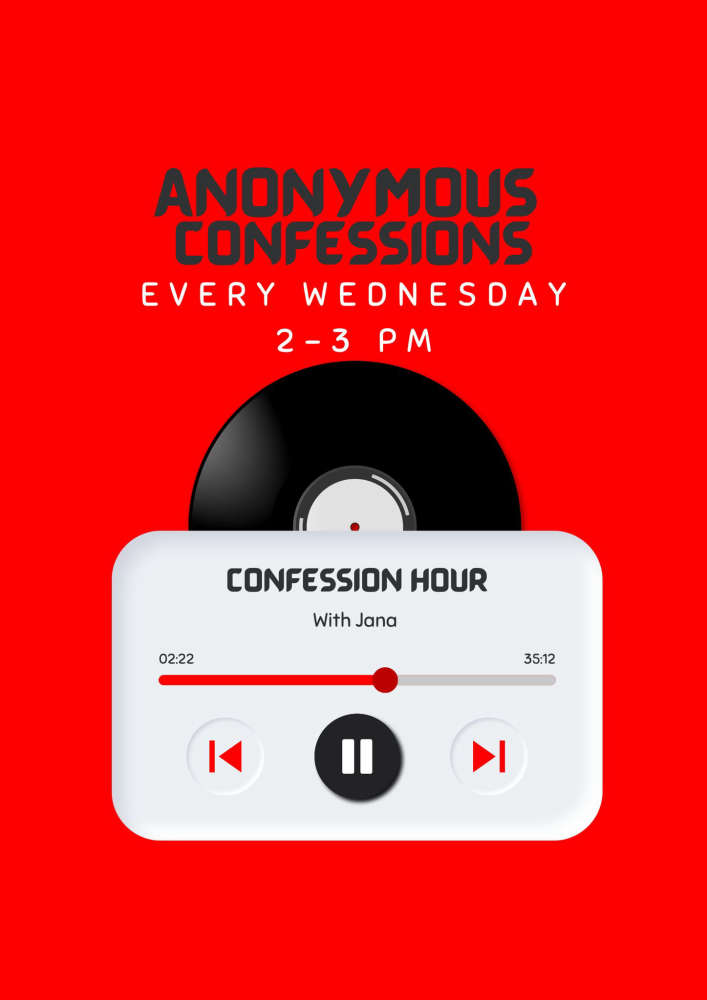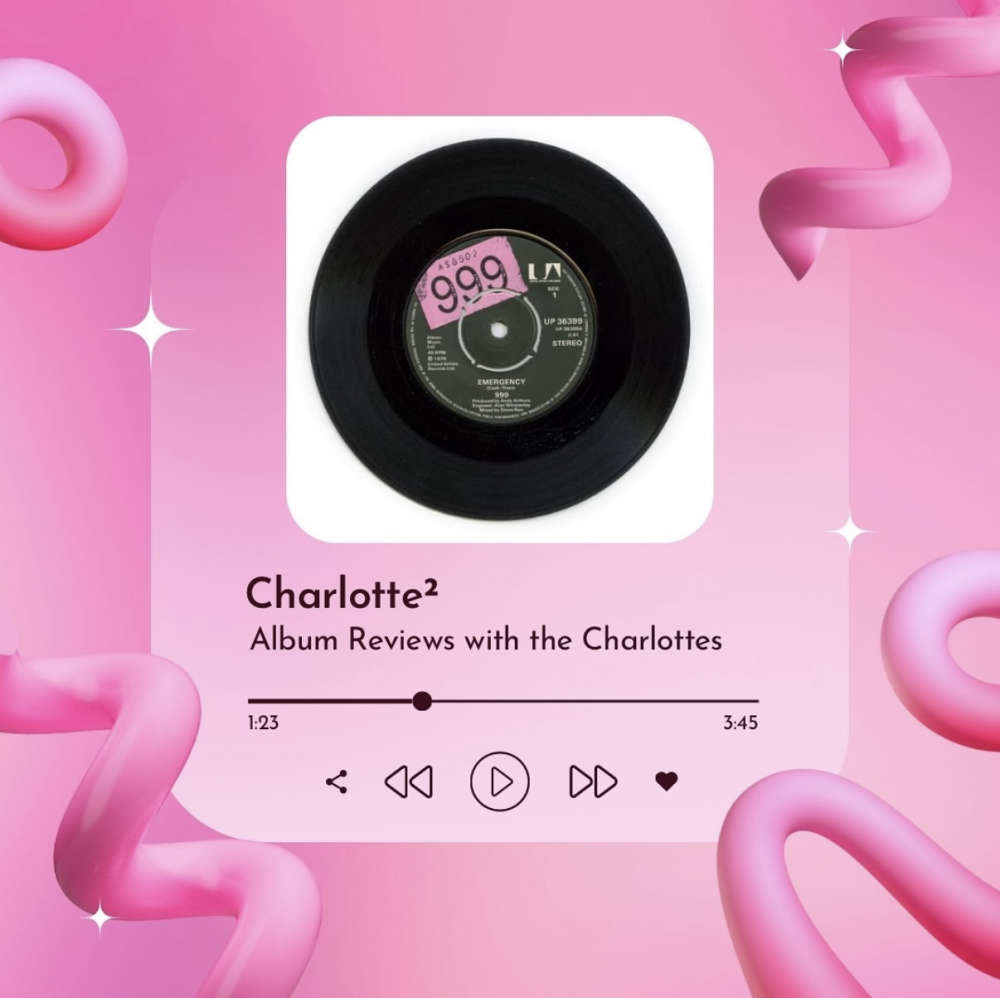Writing Guidelines

Writing Guidelines
About Our Articles and Blogs
At Moore News, we deliver clear, credible, and compelling stories that keep you informed and inspired. Our news articles provide accurate, timely coverage of the issues and events that matter most to our readers.
In addition, our blogs offer fresh perspectives, in-depth analysis, and personal insights from our writers, encouraging thoughtful conversation and community engagement. Whether you’re looking for factual reporting or thought-provoking commentary, Moore News is a trusted source for information and ideas that matter.
Stay curious. Stay informed. Stay connected — with Moore News.
Tom Pratten, Website Manager 2025/26
Programs
-

The Moore Breakfast Show
Harley Picken sits in for Jack Bostock
-

The Moore Metal Show
More Metal on Moore Student Radio
-

Confession Hour
The deepest darkest secrets revealed!!!
-

Artist of the Week
Join Kelsey for a new artist every week!!!!
-

Charlotte²
Charlotte and Charlie are back with their Album reviews!!










